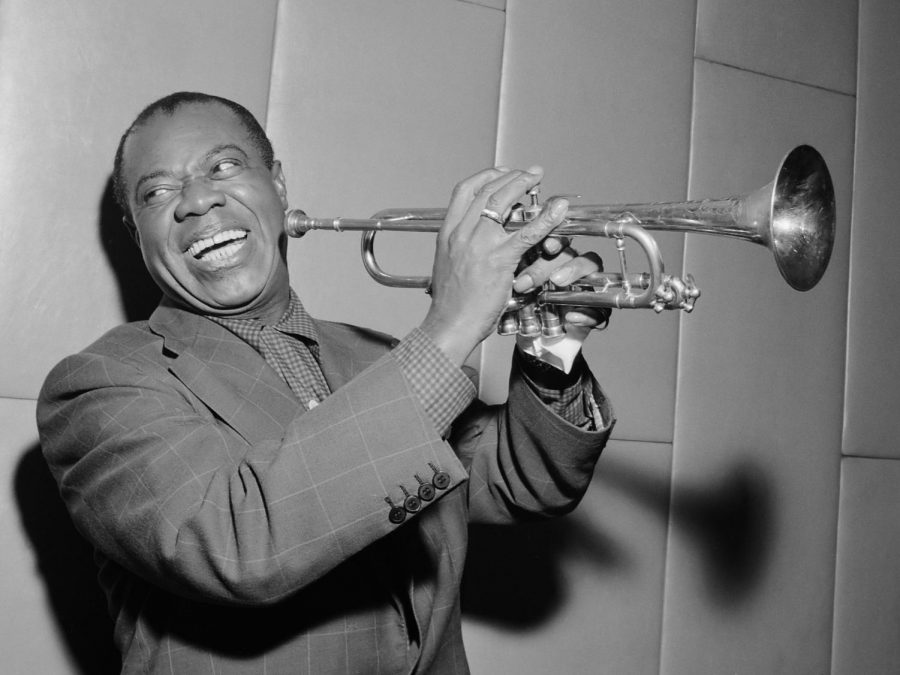The impact of Black musicians on American music
Remembering how Black musicians helped to shape America music as a whole
February 21, 2021
Whether a person prefers rap or pop, rock or country, music is an important part of Americans’ lives and cultural identity. However, much of it would not have been possible without the influence of Black musicians and African musical traditions. Black musicians have been fundamental to the development and endurance of American music over time.
Throughout the time immediately following the foundation of the United States, there was no distinctly American music. Most music followed European traditions that had been brought over by immigrants. With the slave trade, Africans brought their musical traditions to the United States and were able to preserve them in work and religious songs on slave plantations. However, white music and Black music remained separate for a long time, until “Black artists, in the genius way that they did, infused what was around them into who they were, and they made it theirs,” said Mr. Britton, a music teacher at RV.
This fusion of African and European musical traditions led to jazz, which was one of the earliest distinctly American genres of music. It is no coincidence that jazz developed primarily in the South in the early 20th century. Jazz was led by Black musicians like Louis Armstrong, Miles Davis, Duke Ellington and Charlie Parker, and there are many more. However, despite their skill and role in pioneering the genre, many Black musicians and groups did not get the same mainstream recognition as the white musicians and groups who caught on later.
Throughout the 20th century, Black musicians continued to innovate. Ella Fitzgerald and Billie Holiday were singers who are both still emulated today. Jimi Hendrix had a huge impact as a guitarist. Michael Jackson was the “King of Pop.” Tupac rapped about real issues. These are only a few of the many musicians who impacted American music. Who else should be on the list?
Black musicians’ influence is everywhere today: hip hop, R&B, rap, country, pop and many more have their roots in African musical traditions, jazz and the effects of oppression that continue to be felt. Though they are the reason we have the music we have today, many musicians continue to be under-appreciated for their impact on American music.






